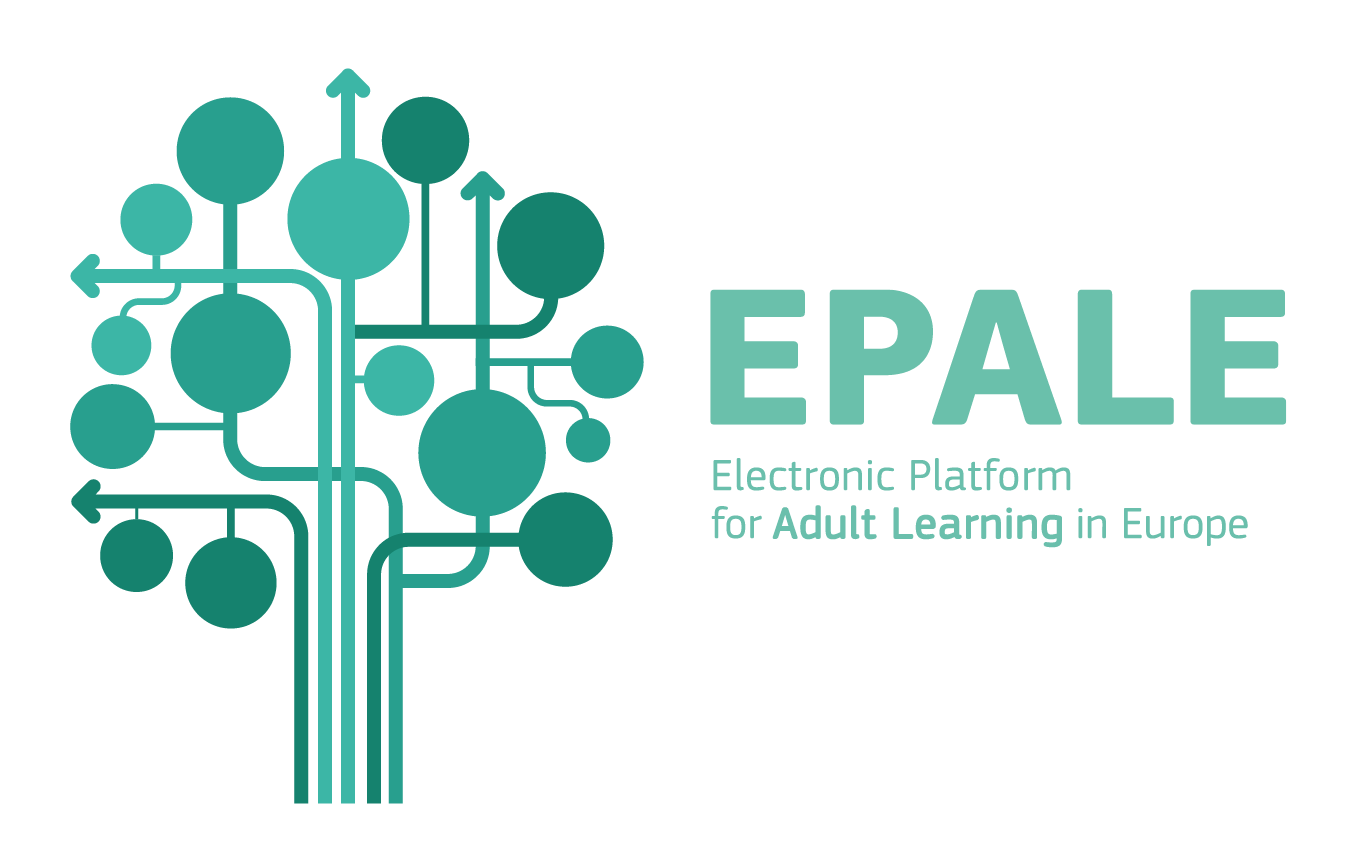Podcasts
Page last updated: December 17, 2025.
Note that this page contains a non-exhaustive list of podcasts I participated in.
What happens to your brain when you use AI? I joined Neil deGrasse Tyson, co-host Chuck Nice and Gary O’Reilly on StarTalk podcast to explore current research into how large language models affect our cognition, memory, and learning.
Is AI good for us? I described our experiment comparing students writing essays with three methods: ChatGPT, Google, or just their own brains. What happened when groups swapped? We unpack how timing, cognitive load, and brain struggle are essential for true learning. We explore cognitive load theory, video game design, and whether doctors relying on AI could lose diagnostic skills. How much AI support is too much? Could AI free up tasks so we can use our cognitive energy elsewhere? Or does it rob us of our brain power?
We discuss the efficiency of the brain versus machine learning, the risks of AI companionship amplifying loneliness (or even AI psychosis) to how education must adapt for a generation raised with AI. What happens when children grow up never learning the skills that AI replaces?
Does outsourcing brain work free us to be more creative or leave us dependent? We discuss the guardrails and the crisis across schooling. How do we adapt the education system around these tools? What do we stand to lose? What do we stand to gain? Does this mean pivoting the focus away from grades and towards a more process and learning focus?
Learn about brain-computer interfaces, and whether someday we’ll have LLMs in our heads. If we have all of the world's information uploaded, will we need higher education? We will all say “I know kung fu” like in the Matrix?
Listen to the podcast here.
Watch the podcast here.
Read an overview of the podcast here.
Artificial intelligence is rapidly transforming how we search for, consume, analyse and communicate information, yet its real effects on our brains and cognitive abilities remain largely unknown.
In this episode of the EPALE (Electronic Platform for Adult Learning in Europe) Podcast, I spoke with the host Heini Huhtinen.
“Large language models like ChatGPT now shape how we think, write and learn. But Dr. Kosmyna’s recent research suggests that the convenience they offer may come with huge cognitive costs. A key issue, she argues, is that the current digital tools were never designed to help us think more clearly; they are designed to capture and monetise our attention. And while our brains naturally seek shortcuts, learning depends on friction and being challenged rather than offloading too much mental effort to a machine. Activities like writing an essay build skills we rely on throughout daily life: synthesising information, weighing different viewpoints and forming coherent arguments. If we become too dependent on digital tools for these fundamental processes, we may find ourselves hesitating even in basic social interactions.
Amid the rush to build ever-bigger AI systems, Dr. Kosmyna urges educators to push back and focus on keeping humans human: nurture uniquely human abilities, teach critical thinking relentlessly, and defend the right to choose how – or whether – AI belongs in the classroom.”
Listen to the podcast (and read the transcript) here.
In this episode of the ODSC Ai X Podcast, I sat down for an interview with host Sheamus McGovern, to explore our research paper “Your Brain on ChatGPT.” I discuss the study’s findings on how AI writing tools like ChatGPT can impact memory, learning, cognitive engagement, and even long-term brain development. I also share how science fiction inspired my career in brain-computer interfaces and offer insights for educators, technologists, and everyday users of generative AI.
Key Topics Covered:
- What “cognitive debt” means and how it differs from “cognitive offloading” and the “Google effect”
- How over-reliance on LLMs like ChatGPT can reduce cognitive engagement and memory recall
- The role of EEG and neural connectivity in assessing cognitive load during essay writing
- Why essays written with ChatGPT lack originality, personal voice, and ownership
- The potential dangers of using LLMs in education—especially among developing brains
- What Session 4 of the study revealed about users’ inability to adapt once LLM support was removed
- Concrete strategies for using AI responsibly and mitigating long-term cognitive risk
- How AI tools should be designed with the human brain—and human development—in mind
- The hidden energy and environmental costs of constant AI use
- Why younger users may be the most vulnerable to long-term cognitive effects
Memorable Outtakes:
- "There is no cognitive credit card. You cannot pay this debt off." — Dr. Nataliya Kosmyna
- "You do not talk to a calculator about your feelings." — Dr. Nataliya Kosmyna, on why LLMs are fundamentally different from traditional tools
- "If you don’t feel ownership over your work, what is there left to remember?" — Dr. Kosmyna on the link between memory encoding and cognitive agency.
Listen to the podcast here.




